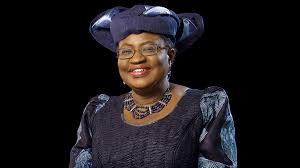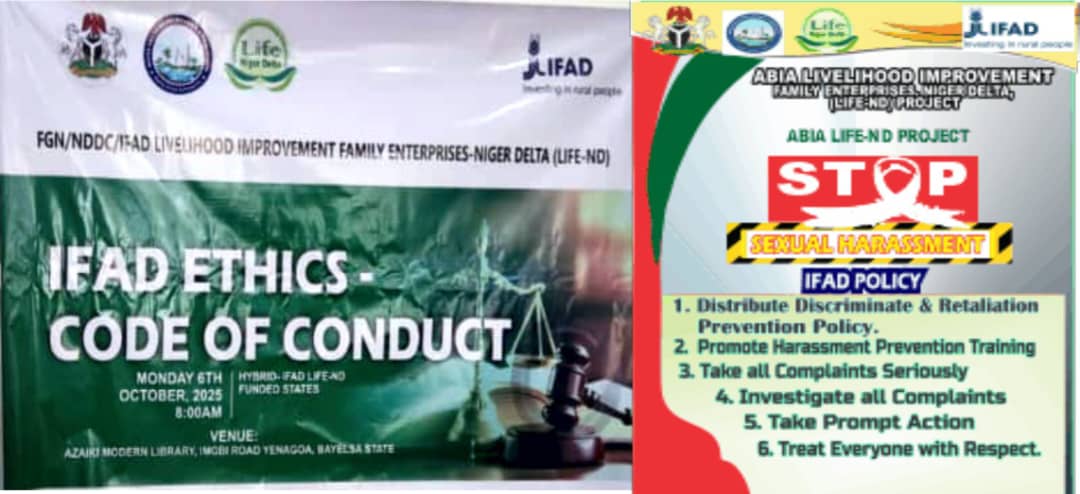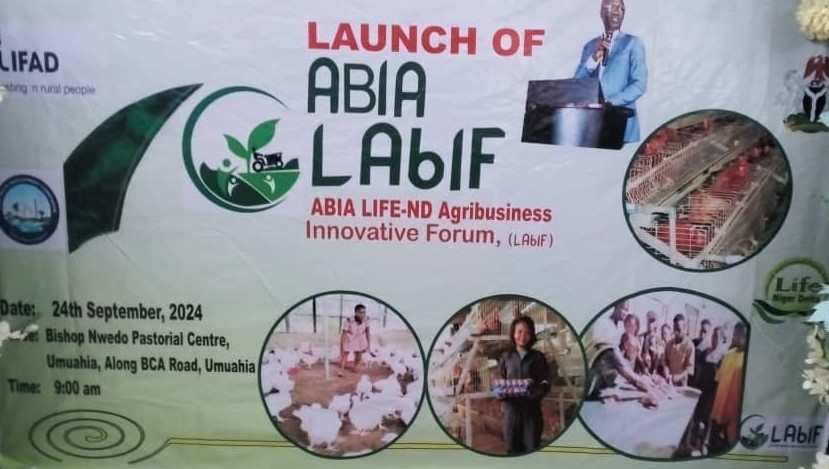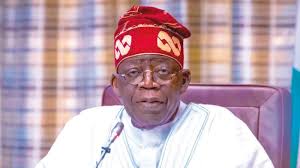In a forceful call to action, Dr. Ngozi Okonjo-Iweala, the Director-General of the World Trade Organization (WTO), has demanded that Nigerian politicians stop exploiting the nation’s pervasive insecurity for political gain.
At an impassioned public lecture held in Abuja this week, Dr. Okonjo-Iweala, a renowned economist and former finance minister, used her platform to challenge the political elite to prioritize the safety and well-being of Nigerians over political power struggles. Her remarks come amidst a growing wave of violence and insecurity across the country, ranging from insurgency in the Northeast to kidnapping and banditry in the North-West, to rising ethnic violence in the middle-belt.
“This has to stop!” Okonjo-Iweala declared, her voice firm and resolute as she addressed a packed auditorium of government officials, diplomats, civil society leaders, and young activists. "Politicians are playing with people’s lives, using insecurity as a weapon to divide and conquer, to manipulate the electorate and to distract from the real issues. This is not just irresponsible it’s unforgivable."
The applause from the audience was immediate, signaling the resonance of her words. For many Nigerians, insecurity has become an increasingly complex and ever-present issue. The situation has only worsened in recent years, with kidnappers, terrorists, and armed gangs targeting civilians and critical infrastructure. The rising death toll, coupled with the displacement of entire communities, has raised alarm both within and outside Nigeria.
Throughout her career, Okonjo-Iweala has become a powerful advocate for both economic development and good governance in Africa. She is known for her candid assessments and her ability to cut through political rhetoric with clarity and resolve. In her speech, she emphasized that the current climate of insecurity in Nigeria was being exacerbated by the strategic manipulation of fear for political advantage.
She pointed to the pattern that has emerged during elections where politicians, in the bid for power, have either exacerbated existing tensions or turned a blind eye to worsening violence. This "weaponization" of insecurity, she said, has created a vicious cycle where the political elite stoke fear, breed division, and then exploit that fear to secure votes or discredit opponents.
“The politics of fear and division must end,” Okonjo-Iweala said. “Insecurity should not be a tool for manipulation. It should not be something we use to deepen the wounds of our people. It should not be a strategy for power.”
Her words struck a chord with those who have watched the nation’s security situation deteriorate in recent years, as armed groups increasingly take control of swathes of territory across the country, from the Northeast’s Boko Haram insurgents to the marauding bandits in the North-Central and North-West regions.
Dr. Okonjo-Iweala’s comments were not just a call for a shift in political culture, but also a pointed critique of the failure to address the root causes of insecurity issues that have been ignored for far too long: poor governance, economic inequality, underdevelopment, and social injustice.
“The insecurity we see today is a reflection of a governance failure a failure to address the underlying issues of poverty, unemployment, and marginalization,” she argued. “When you fail to create jobs, provide security, and ensure a just society, you open the door for extremism, for organized crime, and for the breakdown of social order. But it’s not too late. We can still make the right choices.”
For Okonjo-Iweala, the solution lies in a comprehensive approach that combines military action with strong political will to reform the structures that fuel insecurity. She also emphasized the importance of cross-party collaboration, urging political leaders to put aside partisan interests and focus on national unity.
“This country belongs to all of us,” she declared. “No one can afford to turn a blind eye to what’s happening. Insecurity is not a Northern problem, a Southern problem, or a political party problem it is a Nigerian problem. We must treat it as such.”
The former finance minister also expressed concern over the lack of accountability for both the perpetrators of violence and those in power who have failed to prevent it. She highlighted the need for greater transparency in security operations and insisted that Nigeria’s leadership, at all levels, must be held accountable for their handling of the crisis.
“We cannot continue to accept empty promises. We need action,” Okonjo-Iweala said. “We need politicians to be accountable, not just to their parties, but to the people. Every life lost to insecurity is a life that should have been protected, and those responsible must be held accountable.”
She also noted the role of the international community in helping Nigeria address its insecurity. As the first African woman to head the WTO, Okonjo-Iweala emphasized that the global community, particularly multilateral institutions, should support Nigeria’s efforts to tackle the crisis not just with rhetoric, but with concrete support for capacity-building and sustainable development initiatives.
“It is not just a Nigerian issue it is a global issue. The consequences of a failed state affect all of us, in terms of migration, trade, and regional stability. So the world must stand with us,” she said.
Despite the gravity of her words, Okonjo-Iweala’s tone was not one of despair but of cautious optimism. She acknowledged that while the challenges were monumental, they were not insurmountable. She pointed to the resilience of Nigerians especially the youth and the growing civil society movement as a source of hope.
“It’s clear that Nigerians are tired of the status quo. The youth of this country are demanding change—they’re demanding action. They’re mobilizing, they’re speaking out, and they’re holding our leaders to account,” she said.
Indeed, Okonjo-Iweala’s call to action has resonated with many young Nigerians who are leading grassroots movements across the country, advocating for peace, justice, and accountability. From protests against police brutality to campaigns demanding greater investment in education and healthcare, the voices of the people are growing louder, pushing for a country that values human dignity over political expediency.
In the wake of Dr. Okonjo-Iweala’s powerful speech, the hope is that her call to stop weaponizing insecurity will spark a new national dialogue about the future of Nigeria one where security is not just a political tool, but a fundamental human right for all.
Dr. Ngozi Okonjo-Iweala’s words echo far beyond the walls of the Abuja auditorium where they were spoken. Her call for an end to the weaponization of insecurity is a plea for Nigeria to move beyond political manipulation and to focus on what truly matters: the safety, security, and well-being of its citizens.
For the sake of the country’s future, Okonjo-Iweala’s message is clear: This has to stop. And it’s up to all of us politicians, citizens, and leaders alike to ensure that it does.
